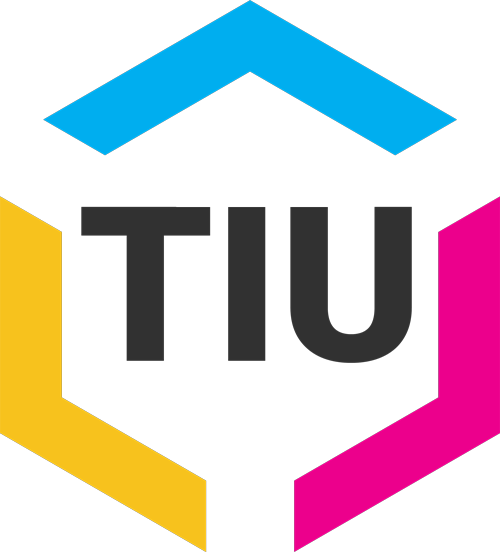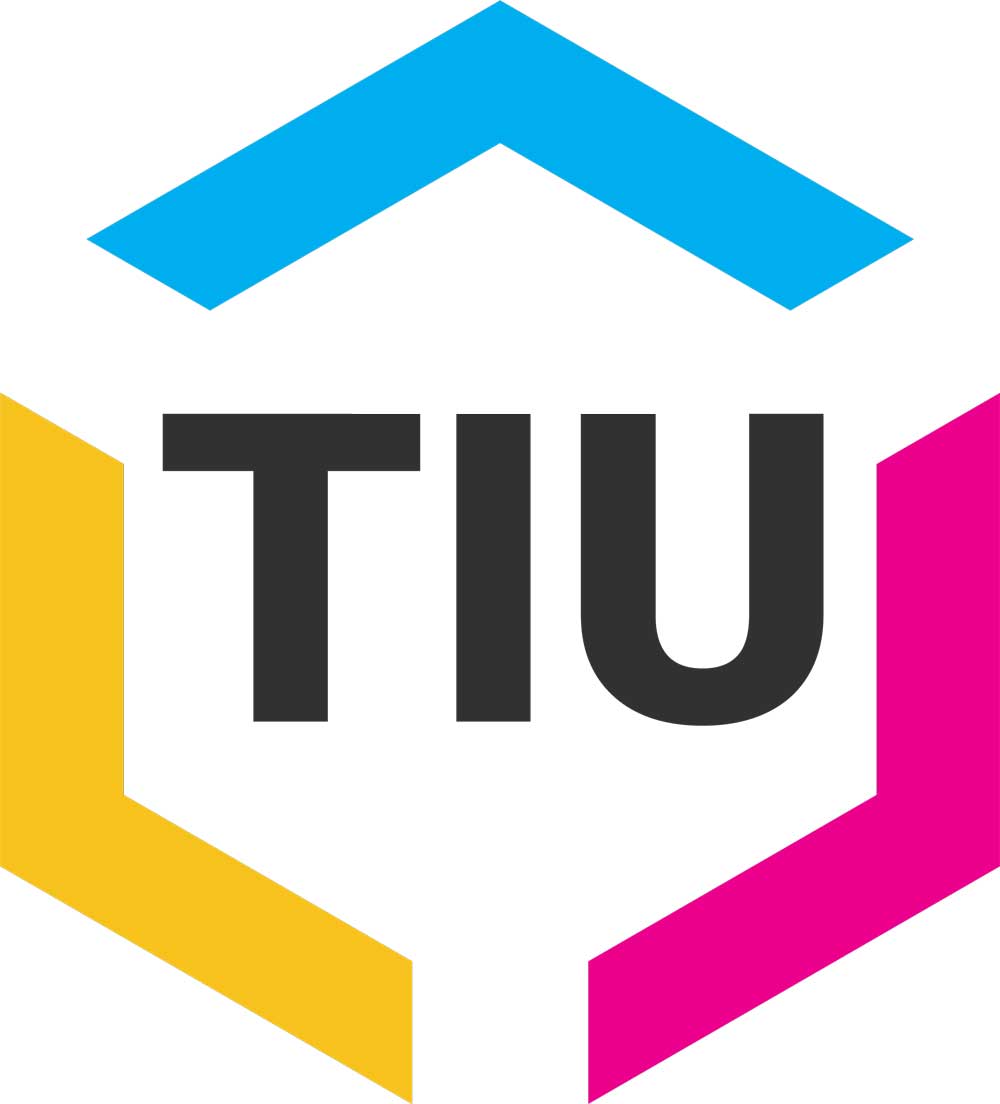For many people, technical interviews would be the part that is worst to getting a brand new task: not just does the interviewer ask challenging concerns, but sometimes those concerns don’t also seem sensible when you look at the context regarding the work you desire.
Regardless of how tough issue, but, understand that bluffing is seldom your option that is best. Rather than wanting to fake a solution, sincerity is usually well. Saying something such as, “I am less familiar with X skill, but i’m knowledgeable about Y skill, and will share my ideas for the reason that context” can go the discussion ahead in a effective means. (If an art and craft is essential into the work and also you actually don’t have it, it is constantly simpler to be truthful right from the start. )
Many questions that are technical made to expose the way you think, communicate, and re re re solve dilemmas. This means two applicants can get to exactly the same (proper) treatment for a issue, yet nevertheless be judged differently according to the way they attained that solution.
Having sat on the other hand associated with the dining dining table and interviewed over 700 software engineering prospects, We have some strong views on negative and positive responses. I do want to share to you the greatest technique for managing technical concerns, particularly when you don’t understand the response.
Make certain You Recognize the Question. Often if you’re provided a question that is challenging
It is hard to resolve since you don’t completely understand just what the interviewer desires. (become fair, often interviewers are deliberately ambiguous, to get one to ask making clear questions. ) whenever confronted with a question that is hard verify you comprehend it.
As an example, you really don’t know enough yet to solve the problem if you’re asked to “traverse a tree. What’s the framework for the tree? Should you traverse it in a specific means? Make inquiries to really make sure you know very well what you’re attempting to re re solve, just before actually begin re re solving issue.
Function With Examples
Once you know the question, utilize any examples that are available assist re re solve the issue; examples enable you to choose through to habits and generalizations that affect the question in front of you. You ought to sort out fundamental, easy examples and prevent things that would be edge situations that may toss you astray (for example. Null, 0, 1, -1, etc.).
Show up With All The Easiest, Most Apparent Solution
Yes, we’d all want to show up with brilliant methods to problems—but if you’re on a deadline that is tight often probably the most direct a person is most readily useful. The latter also shows the interviewer you can further iterate that you can come up with a baseline solution, atop which.
As an example, let’s state the interviewer asks you the way golf that is many would fit in the 747. (Yes, numerous companies nevertheless ask those kinds of crazy questions, simply to see you work the issue. ) Picking out a solution that is quick merely to show you’re effective at thinking things through logically, additionally purchases you time and energy to further optimize it. Talking about which…
Constantly Try To Find Improvements
Never ever keep a “bad” solution in position. Consider tips on how to refine it, ideally while doing less work computationally. Could you keep results that are intermediate you don’t need to recompute them? Do you require other information for the best in order to do less work?
Coming to a preliminary option would be a good point to inquire of more concerns for the interviewer. Is there things you may be lacking? Resources you need to be taking benefit of? Many interviewers have an interest in whether it is  possible to ask questions that are intelligent.
possible to ask questions that are intelligent.
Sort Out More Examples
In the event that you have stuck, or aren’t seeing an easy method, decide to try working through more examples—pick smaller and larger ones to see if you’re able to notice brand new habits that will help you resolve the key question.

